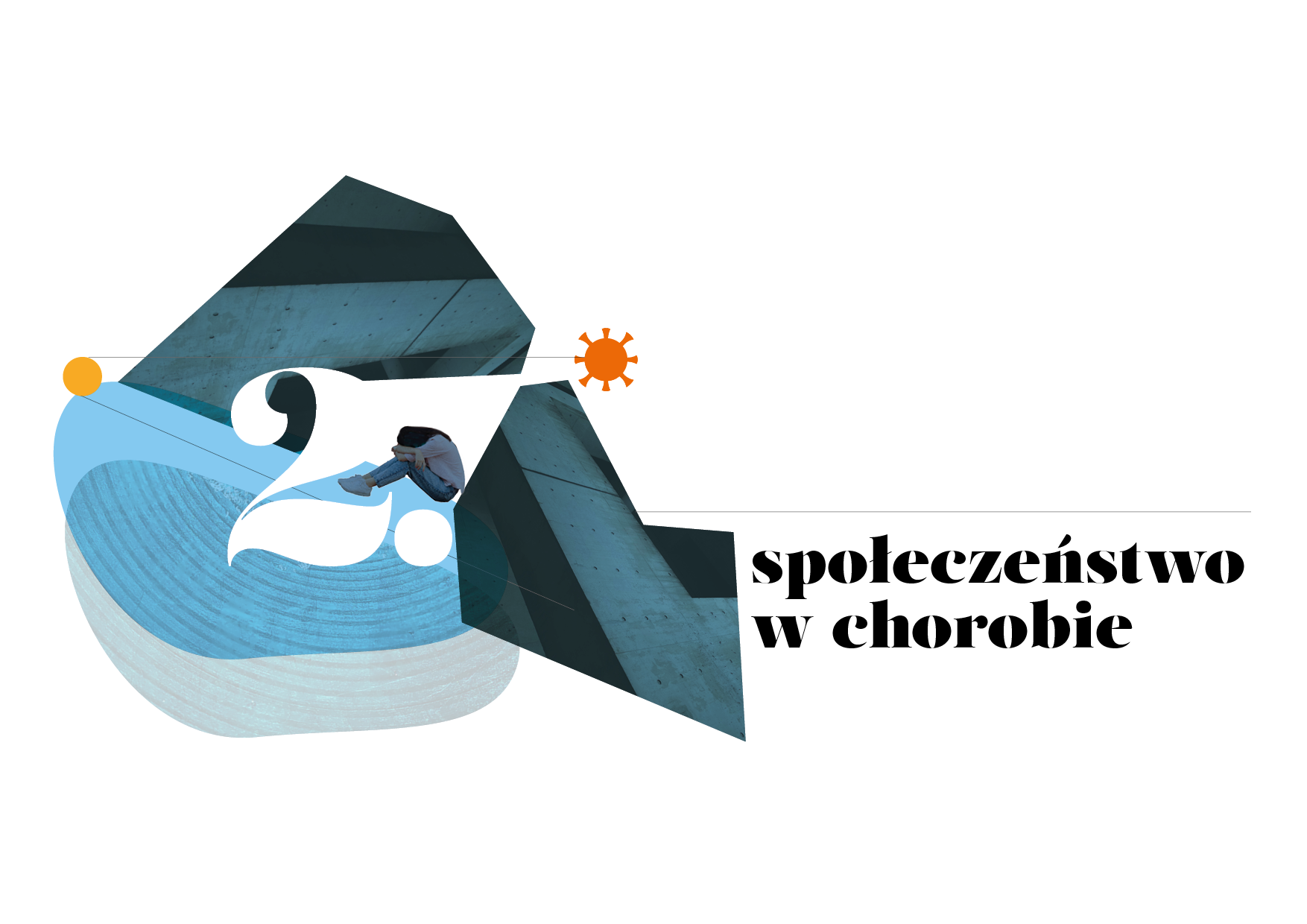Contemporary research on the state of democracy in the world shows steady erosion of the quality of democratic institutions and respect for civil rights. Public opinion polls register declining trust in governments, representative institutions, and political parties. Populist and extremist movements are on the rise across the globe. Since the early years of the XXI century, this growing “democratic deficit” has affected both old and new democracies. The erosion of democracy has been paralleled by another trend that is less noted but equally significant. It can be described as the “dictatorial drift,” affecting both hybrid regimes and “soft” authoritarian systems. It is characterized by the concentration of executive power, rejection of the rule of law and destruction of trappings of democracy – fair elections, opposition parties, free media, independent civil society organizations. It also entails growing repressiveness and use of force both at home and abroad. I will illustrate these trends and discuss their causes and consequences focusing on formerly communist countries in Europe.
Sesje semi-plenarne
Wystąpienia
How to explain the rise of right-wing populism? Culture, economy, something else?
Jan KubikDemocracy and Authoritarianism in the XXI century
Grzegorz Ekiert Jakub Ryszard Stempień Dominika Byczkowska-Owczarek , Ewa BanaszakPrzemiany religii i religijności w czasie pandemii
Dorota HallCOVID-19 jako źródło rozregulowania systemu społecznego
Małgorzata Owczarek , Izabela Sakson-Szafrańska , Magdalena Sosnowska Barbara Wiśniewska-PaźPandemiczne rekonfiguracje mechanizmów kontroli społecznej
Paweł Poławski Zofia A. SłońskaPandemia Covid 19 – nowe wyzwania przed socjologią choroby
Beata Tobiasz-Adamczyk
